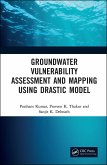
eBook, ePUB
10. Juli 2019
Taylor & Francis eBooks
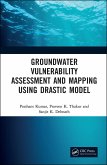
eBook, PDF
10. Juli 2019
Taylor & Francis eBooks
Broschiertes Buch
30. Juni 2021
CRC Press
eBook, PDF
11. November 2024
Springer International Publishing
| Broschiertes Buch | 66,99 € |
Ähnliche Artikel
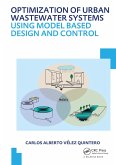
eBook, ePUB
25. November 2020
Taylor & Francis eBooks
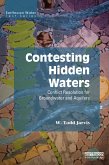
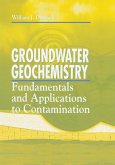
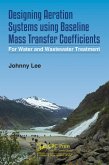
eBook, ePUB
29. Juli 2021
Taylor & Francis eBooks
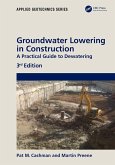
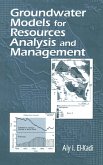
eBook, ePUB
22. November 2017
Taylor & Francis eBooks


eBook, ePUB
20. Oktober 2017
Taylor & Francis eBooks

eBook, ePUB
14. Dezember 2017
Taylor & Francis eBooks
Ähnlichkeitssuche: Fact®Finder von OMIKRON
